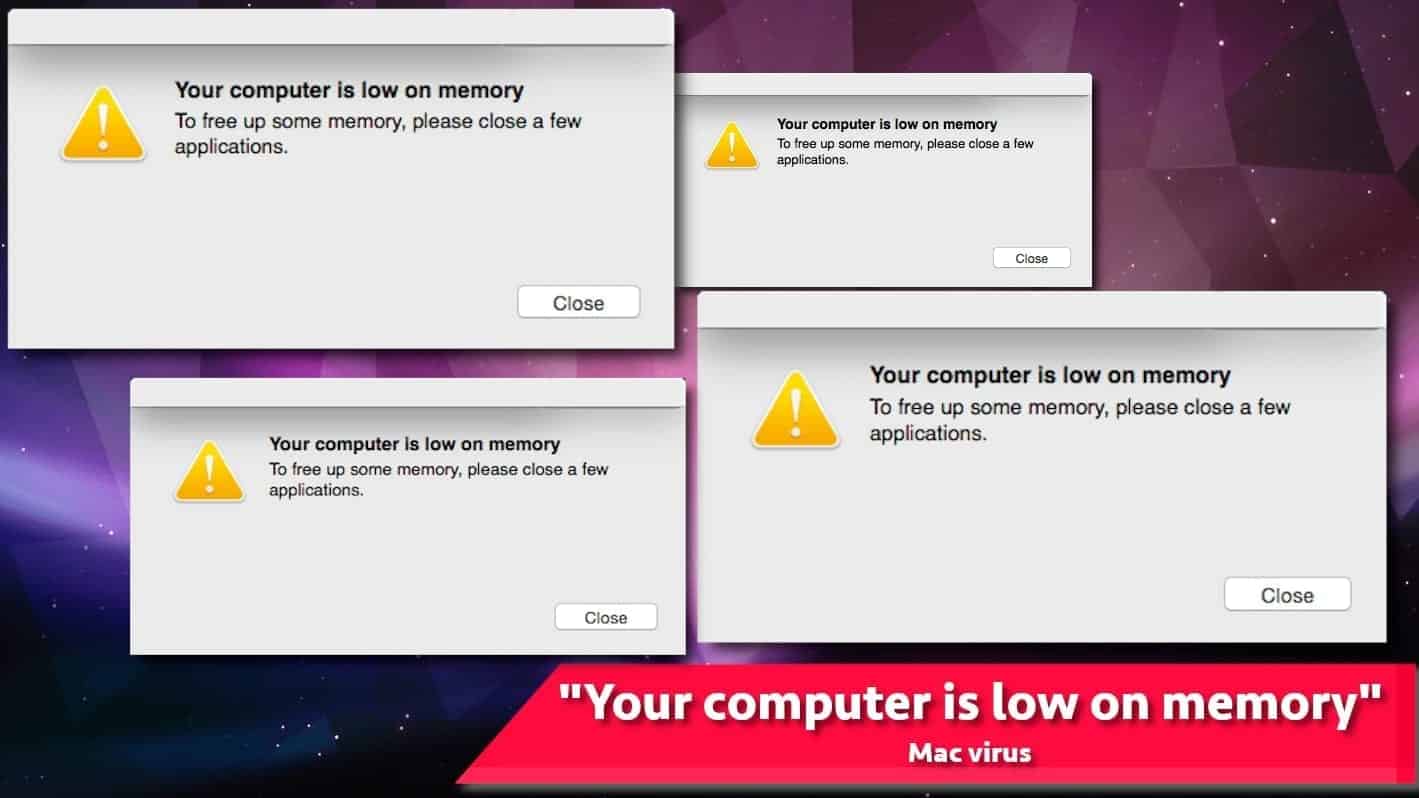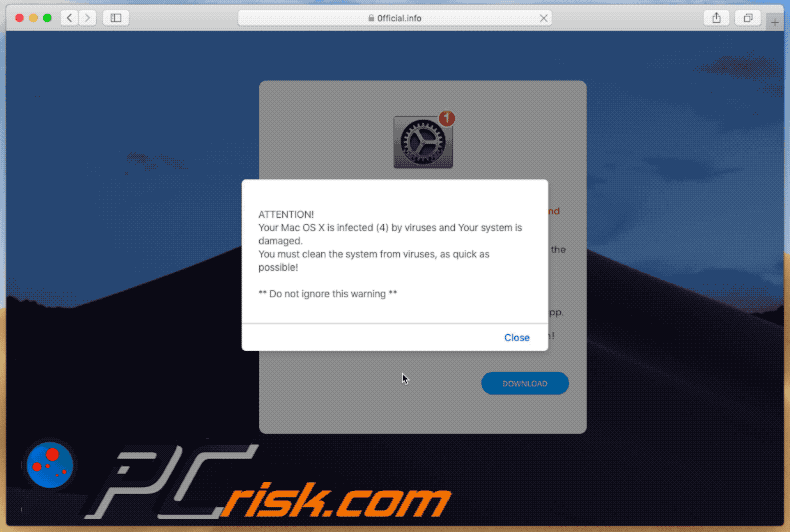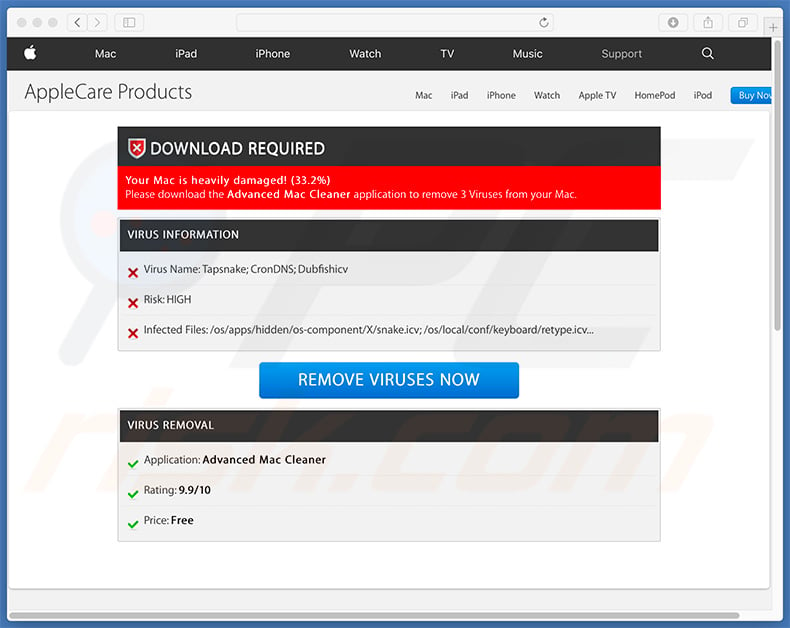

VCs will pour money into this sector in the same way they poured money into the rental economy. My number 10 prediction on the What’s Going To Happen post was:ġ0/ cybersecurity budgets will explode in 2015 as every company, institution, and government attempts to avoid being Sony’d. Just like many people click on attachments they should not click on. Just like many people don’t use strong passwords. But I have not worried about this issue for at least a decade, maybe more.īut when I read the article about the woman whose files were being held hostage, I realized that many people still don’t backup their files every night.
#Zipcloud mac virus how to
I’ve lost important files over the years and I’ve spent a small fortune to get them back, usually by hiring someone who knows how to work miracles on a corrupted hard drive. My rationale for backing up my files was always fear of a hard disk crash. But starting in the late 90s, I used a variety of online backup services, what we would now call “the cloud”, to backup my files.

There was a time when I backed up to local storage. I’ve been backing up my hard drive for as long as I can remember. But I made a note to ask around about this. As long as my cloud backup service doesn’t back up the encrypted files and overwrite the earlier versions, I’ve got unlocked versions of everything. But even if I had, my files are backed up into the cloud. I like to think I would not have clicked on the attachment. The ransom had to be paid in bitcoin, of course, and the price escalated the longer she waited to pay the ransom. The author’s mom had clicked on some sort of attachment which installed the malware on her computer which in turn locked all of her files and delivered a ransom note to her requiring $500 for the decryption keys. Reset the default search engine and home page to what it was before.I read an article a few weeks ago about a class of malware called ransomware. Uninstall any extensions you don't know you need, including any that have the word "Trovi" or "palmall" in the description. Skip that item and go on to the next one. Some of these items may be absent, in which case you'll get a message that the file can't be found. ~/Library/Application Support/Mozilla/ Plug-Ins/ugin ~/Library/Application Support/Google/Chrome/External Extensions/fjadmdmahkpbhgbmmkiiaanlnlekelmn.json ~/Library/Application Support/Firefox/searchplugins/MyBrand.xml

Then delete the following items in the same way: Restart the computer and empty the Trash. You may be prompted for your administrator login password. A folder should open with an item named "" selected. Right-click or control-click the line and selectįrom the contextual menu. Anyone finding this comment a few days or more after it was posted should look for more recent discussions or start a new one. They won't necessarily be valid in the future.

These instructions are valid as of now, as far as I know. Malware is always changing to get around the defenses against it. You may also have installed the "SearchProtect" browser hijack, perhaps under a different name. You won't see what you pasted because a line break is included. In the Finder, selectįrom the menu bar and paste into the box that opens by pressing command-V. *If you don't see the contextual menu item, copy the selected text to the Clipboard by pressing the key combination command-C. Log out or restart the computer and empty the Trash. Services ▹ Reveal in Finder (or just Reveal)įrom the contextual menu.* A folder should open with an item selected. Right-click or control-click the highlighted line and select Triple-click anywhere in the line below on this page to select it: Quit the application, if it's running, and drag it from the Applications folder to the Trash. To remove ZipCloud, start by backing up all data (not with ZipCloud itself, of course.) "TuneUpMyMac" is a scam that can be remove according to the developer's instructions. Although ZipCloud may not be malicious itself, it should be deemed suspect by virtue of the company it keeps. The OS X client is sometimes distributed along with the "SearchProtect" malware. "ZipCloud" is some sort of cloud-storage service with a doubtful reputation.


 0 kommentar(er)
0 kommentar(er)
